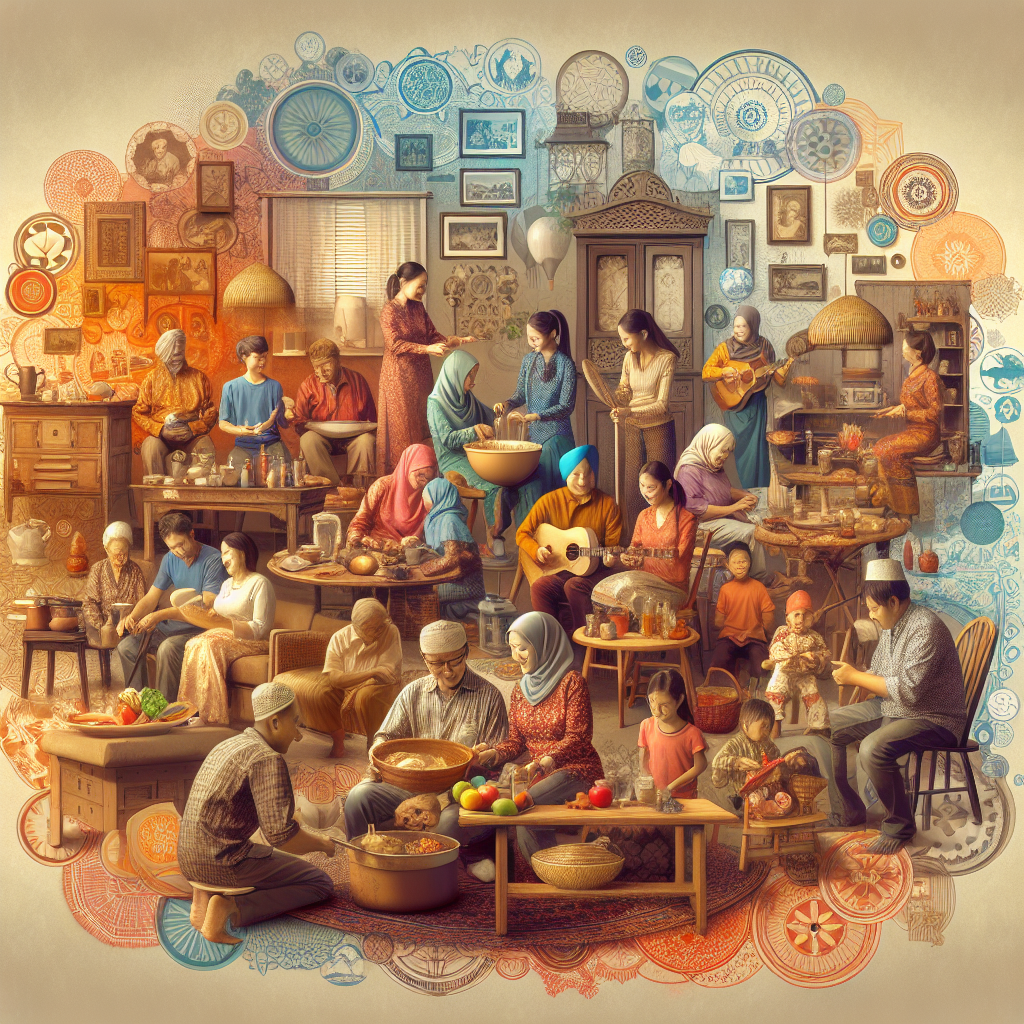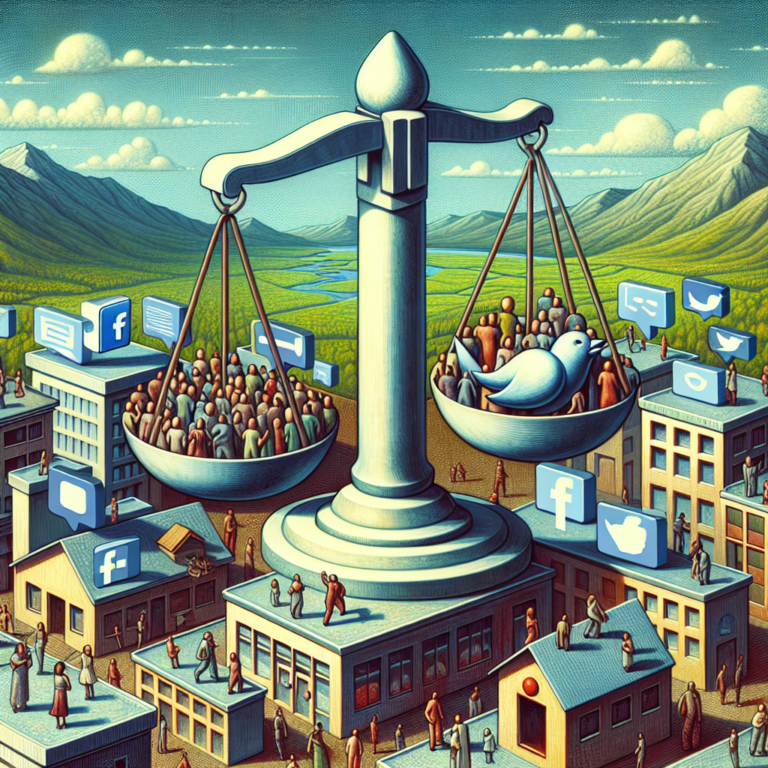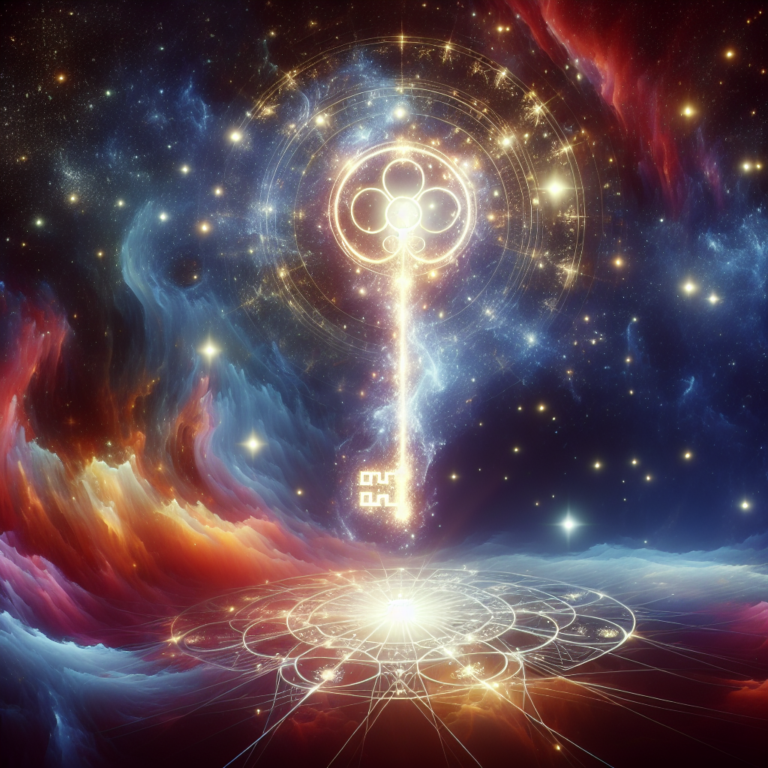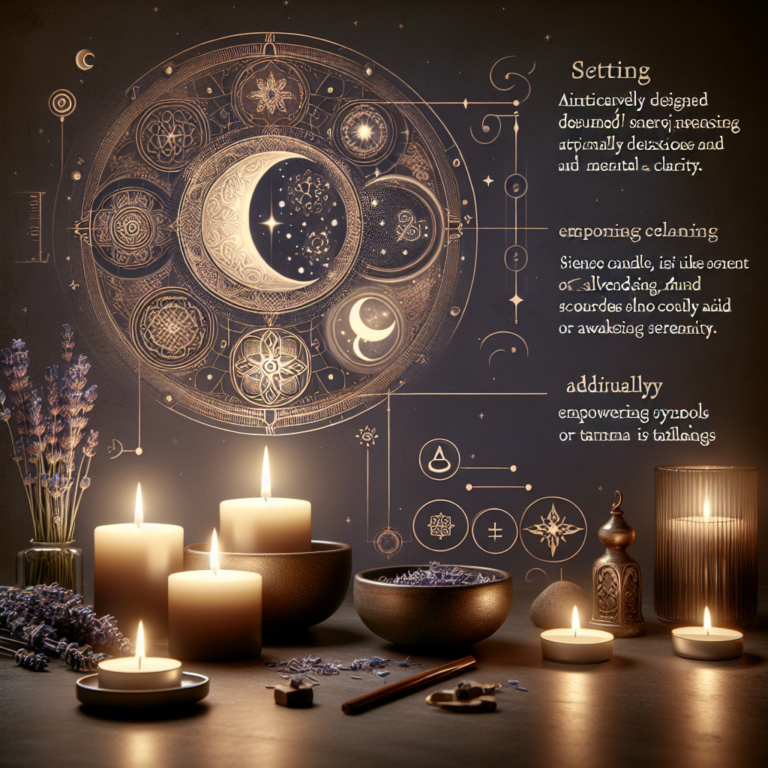Behind the Scenes of Family Karma: Exploring Cultural Dynamics and Family Values
“Family Karma,” the groundbreaking reality television series, is more than just a show; it’s a cultural exploration that dives deep into the intricacies of Indian-American life in contemporary society. Premiering on Bravo in March 2020, the series focuses on a group of Indian-American friends living in Miami, showcasing how their upbringing and cultural values shape their relationships, ambitions, and family expectations. Behind the curtain of cameras and scripted narratives lies a poignant portrayal of cultural dynamics and the enduring significance of family values. In this article, we will delve into the essence of the show, examining its representation of cultural backgrounds, generational challenges, and the importance of family bonds.
The Cultural Mosaic of Family Karma
“Family Karma” stands out as one of the first shows to feature an all-Indian cast in a reality television format. It presents a fresh perspective often overlooked in American media, depicting how cultural heritage influences identity, relationships, and social interactions. The series unfolds within a tight-knit community of friends and their families, each member bringing their unique stories and experiences that reflect a blend of traditional Indian values and American lifestyles.
The cast members, including notable figures like Amrit Kapai, Vishal Parvani, and Bali Chainani, share personal anecdotes that resonate with many viewers, particularly those from immigrant backgrounds. As they navigate personal relationships, career choices, and cultural expectations, the cast highlights the nuances of being torn between two worlds—a theme that resonates deeply within immigrant communities, where children must balance parental expectations with their own aspirations.
Generational Challenges
A recurring motif in “Family Karma” is the generational divide that often creates tension within families. Many cast members experience significant pressure to uphold traditional values while forging their own paths. This dynamic is particularly evident in the parent-child relationships depicted on the show. Parents often have a set of expectations rooted in their cultural upbringing, while their children may seek to assert their individuality and adapt to modern societal norms.
For instance, the marriage expectations placed upon young adults can lead to friction. Traditional Indian customs often emphasize arranged marriages and family honor, which sometimes clash with the desire for romantic autonomy. Cast members confront these age-old traditions, discussing their aspirations to carve out their own identities while navigating the expectations set before them by their families. Such situations yield relatable and emotional moments, making viewers reflect on their own family dynamics.
Celebrating Family Connections
At its core, “Family Karma” is a testament to the beauty and strength of family connections. The show emphasizes the importance of family gatherings, rituals, and celebrations, showcasing how these moments serve as a foundation for maintaining cultural practices amidst the chaos of modern life. Whether it’s Diwali, Holi, or a family wedding, such events are depicted not just as celebrations but as essential rituals that reinforce familial bonds and cultural continuity.
The show also illustrates how intergenerational stories are passed down, further enriching the narrative of family heritage. For instance, the cast often shares tales from their childhood, illustrating how their parents’ experiences shape their current identity. This not only emphasizes the role of storytelling in preserving culture but also exemplifies the emotional weight that family history holds for individuals.
Authentic Representation
In the realm of reality television, “Family Karma” sets a precedent for authentic representation. The show goes beyond stereotypes often perpetuated in mainstream media, providing a nuanced view of the Indian-American experience. Characters explore love, heartbreak, career aspirations, and cultural pride, lending authenticity to their portrayal. The importance of friendship and community shines through as cast members share their lives with openness, vulnerability, and humor, inviting viewers into their world.
Moreover, the show addresses complex issues such as mental health, LGBTQ+ rights, and the challenges faced by first-generation immigrants. Amrit Kapai, one of the cast members, openly discusses his experiences as a gay Indian man, an aspect that diverges from traditional narratives within the community. His openness fosters conversations about acceptance and love, showcasing how family values can evolve with time and changing circumstances.
Cultural Dynamics in Modern Society
As society becomes more globalized, the fusion of cultural identities is becoming increasingly apparent. “Family Karma” illustrates this cultural dynamism by highlighting how the characters blend their Indian heritage with their American upbringing. Be it through their fashion choices, culinary preferences, or social interactions, the tapestry of their lives reflects a synthesis of cultures.
The series offers insight into multifaceted cultural dynamics, portraying how friendships span beyond ethnic boundaries. While the core group shares a common heritage, their friendships with people from diverse backgrounds demonstrate the richness of multiculturalism. This representation serves as a reminder that while cultural identity is essential, it doesn’t have to be isolating. Instead, it can foster connections and community across ethnic divides.
Conclusion
“Family Karma” exemplifies the complexities of modern cultural dynamics and the importance of family values within the context of Indian-American life. By sharing their experiences with honesty, humor, and heart, the show’s cast sheds light on broader societal themes such as identity, acceptance, and the pressures of familial expectations.
As the series continues to resonate with audiences, it serves not only as entertainment but also as a means of fostering understanding and appreciation for the rich diversity of human experiences. With an earnest portrayal of love, relationships, and cultural heritage, “Family Karma” invites viewers to celebrate the beauty of family ties while navigating the challenges of modern life.
FAQ Section
Q1: What is “Family Karma” about?
A1: “Family Karma” is a reality television series that explores the lives of Indian-American friends living in Miami, focusing on their cultural heritage, familial expectations, and the intersection of traditional and modern values.
Q2: When did “Family Karma” premiere?
A2: The series premiered on March 8, 2020, on Bravo.
Q3: Who are some of the cast members?
A3: Notable cast members include Amrit Kapai, Vishal Parvani, Bali Chainani, and Monica Vaswani.
Q4: Does the show address important social issues?
A4: Yes, “Family Karma” addresses various social issues, including mental health, LGBTQ+ rights, and the challenges faced by immigrant families.
Q5: How does “Family Karma” differ from other reality shows?
A5: Unlike many reality shows that rely on sensationalism, “Family Karma” emphasizes authentic representation, focusing on cultural dynamics, family values, and the complexity of relationships within the Indian-American community.
It seems like you might be looking for a prompt or a topic to write about. Could you please provide more context or specify what kind of prompt you need? For example, are you looking for a writing prompt, a discussion topic, or something else?, #Scenes #Family #Karma #Exploring #Cultural #Dynamics #Family #Values, #Scenes #Family #Karma #Exploring #Cultural #Dynamics #Family #Values, 1736258062, behind-the-scenes-of-family-karma-exploring-cultural-dynamics-and-family-values





